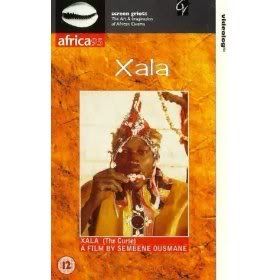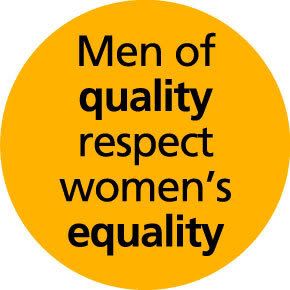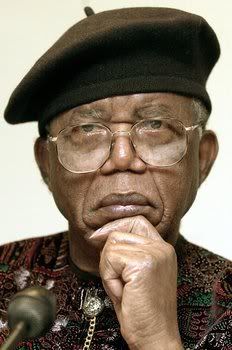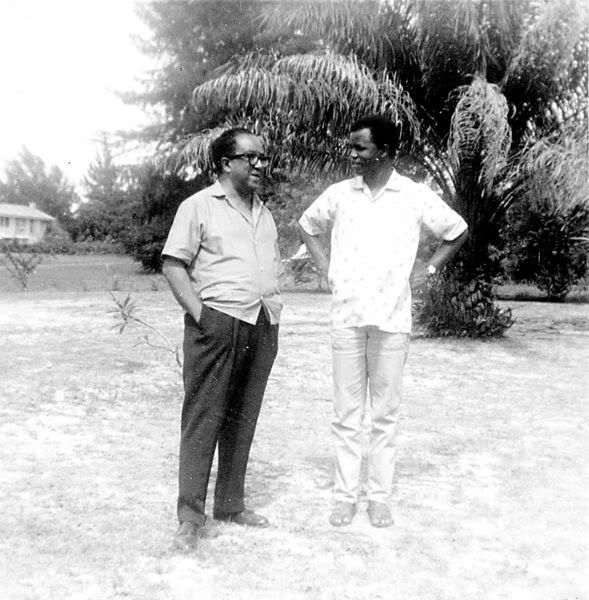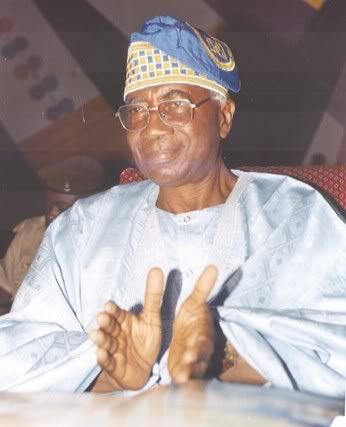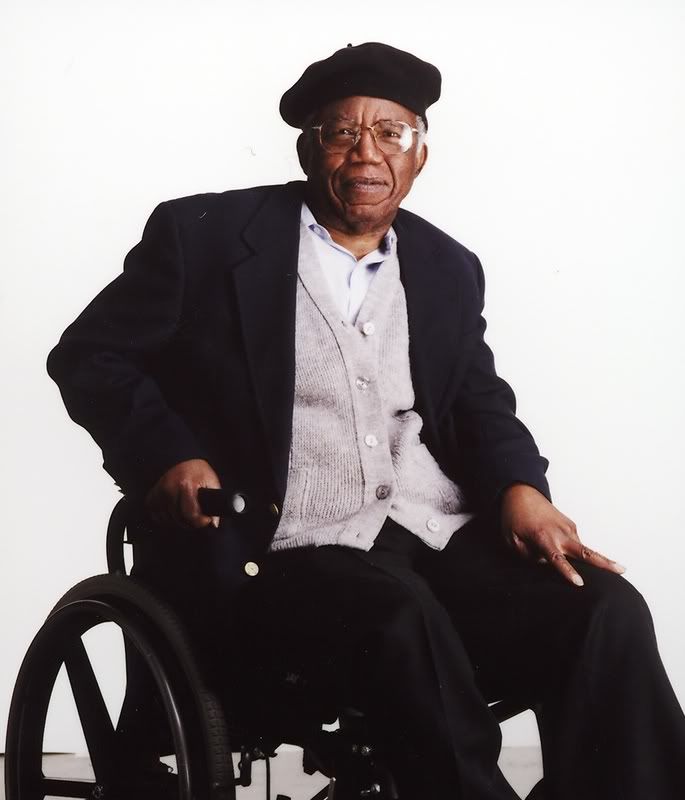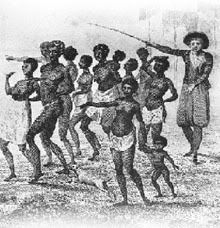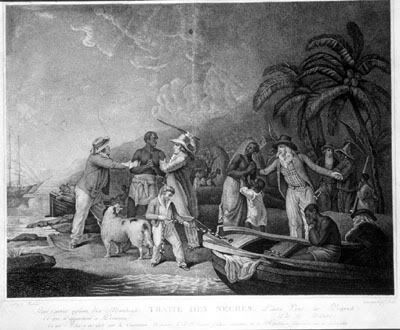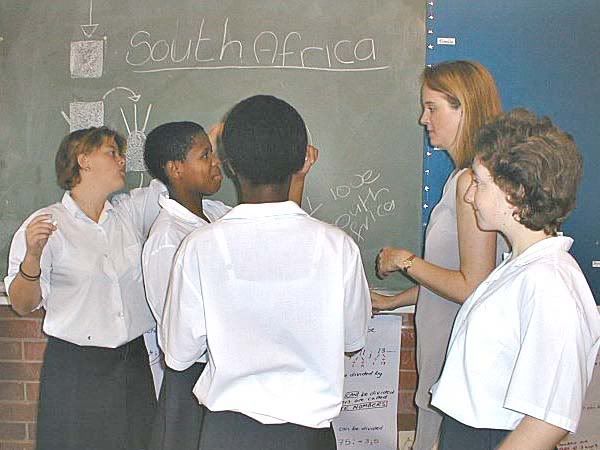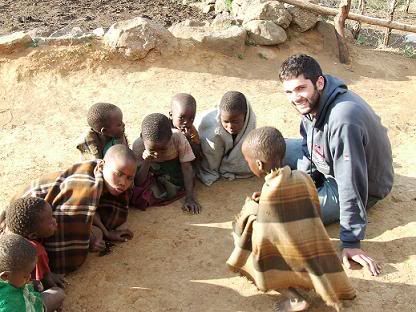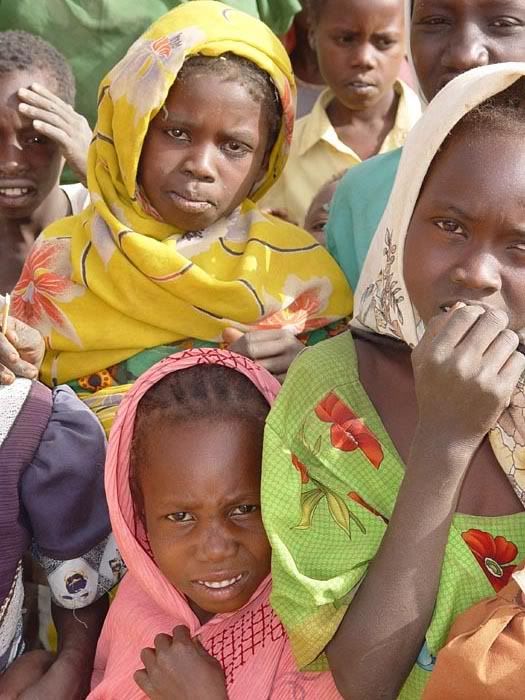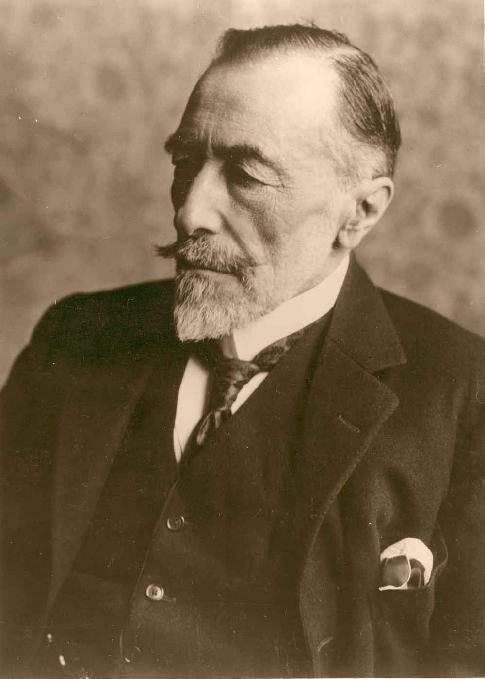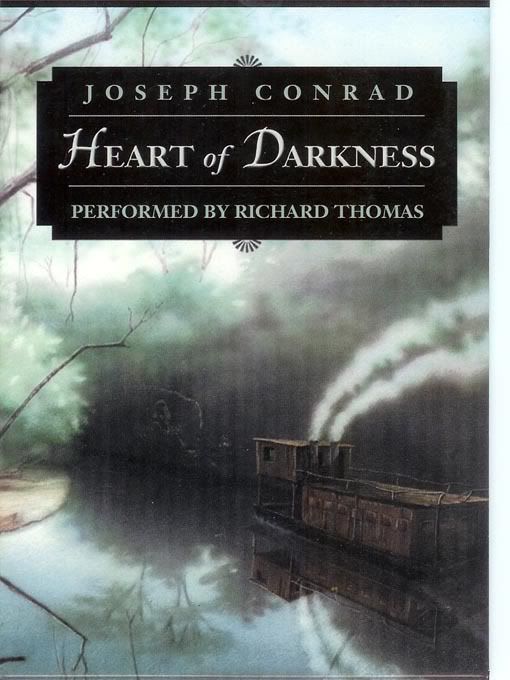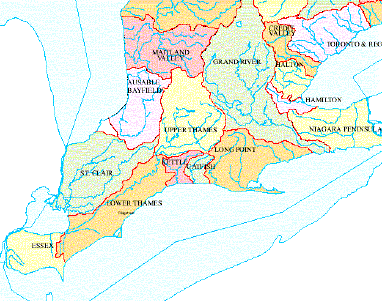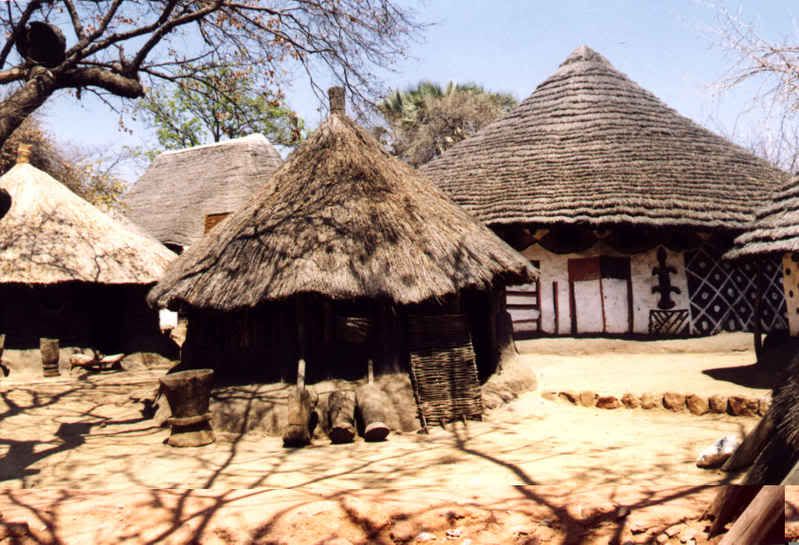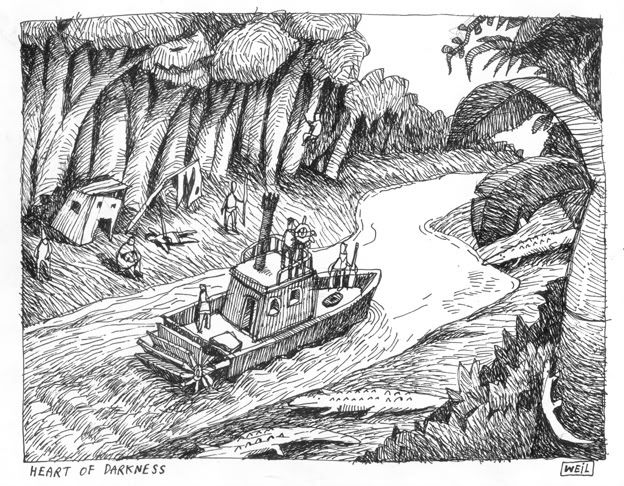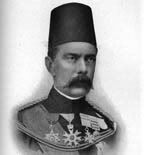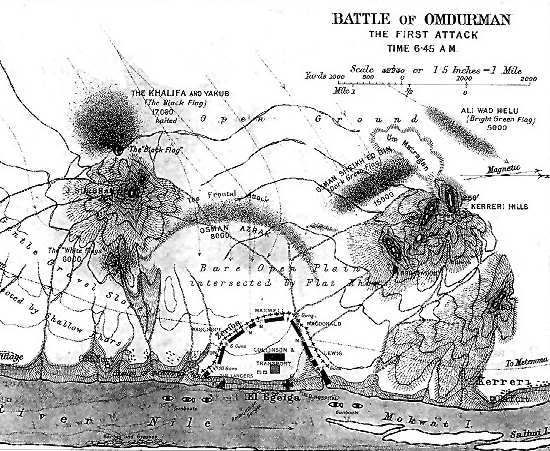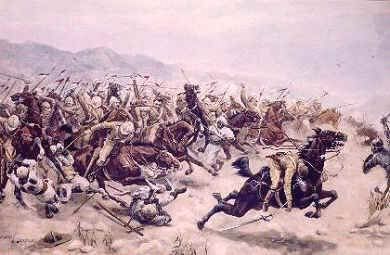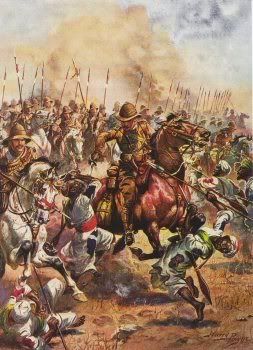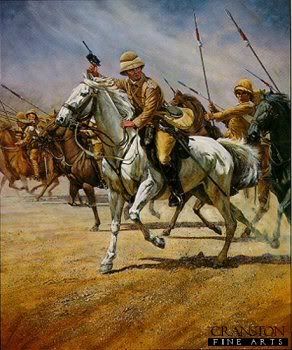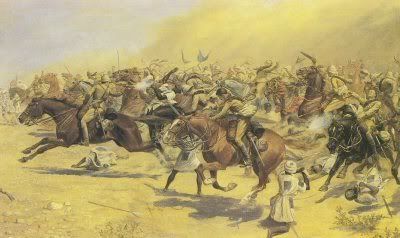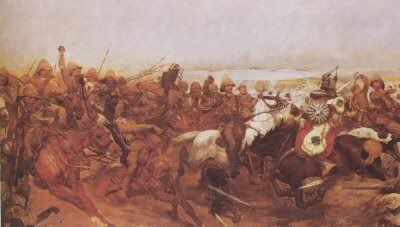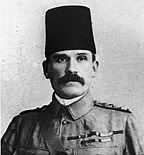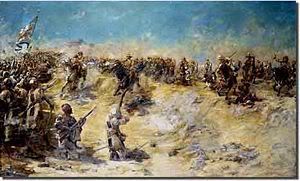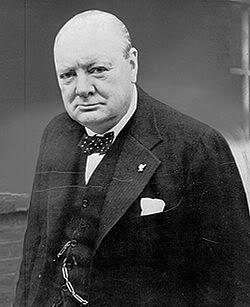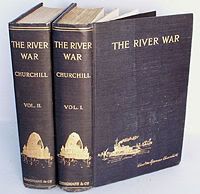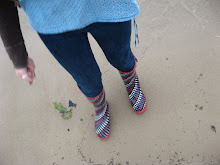
When I decided to become a journalist, I was satisfied with my decision because I knew that it came from somewhere. I knew that I had carefully plotted who I was and what I wanted to be in order to make my future a success. But my choice was not just for my future, but other people’s futures. The media has a bad reputation with the world, and people feel that bias has slithered its way into daily information that is to be provided to us. But what the people don’t know, do hurt them and I think that its hard for people to see or understand that there is a corruption beyond the print, and that it is affecting the messages that they are being read everyday.
I wanted to be a journalist to use my writing, my inquisitiveness and my fight for “the little man” to change the world. I didn’t want to sit with the rest of the world complaining, I wanted to change the fate for others, and shed some light on what was being ignored or even what people were dying for to cover. I’ve read this and that in different publications that showed me there is a world that isn’t covered and there are people who are fighting to cover it.

When we read Helon Habila’s “Waiting for an Angel” in African Literature, I found an outlet to research something that I found interest in already. I was ready to paint a bigger picture, and in the corner, I painted myself. During my research I came across cpj.org, the Committee to Protect Journalists. This is a nonprofit, nongovernmental organization which was founded in 1981 by a group of U.S. foreign correspondents in repost to the vicious treatment of their colleagues by authoritarian governments and also those that pose a threat to independent journalism. The committee has full-time staff of 23 which includes area specialists for each major region in the world. The committee is stationed in New York, with a representative from Washington, D.C. and consultants throughout the world, with a 35-member board of journalists.

But what is the significance of protecting journalists from governments? Well according to the site, so 34 journalists have been killed and 125 imprisoned so far in the year 2008. Those numbers may be insignificant to many, but just think that every time you watch CNN, or Yahoo! And saying, “Oh, they’re so bias.” People are getting killed for doing the same job. In America we’re obsessed with celebrities and the media that provides that cultivates our obsessions, but journalists in countries in Africa, are getting killed and imprisoned for following government officials in the same way. Since 2001, 340 cases of journalists in 49 countries, have been forced into exile due to threats on their life, according to the CPJ. Since January 1, 1992- October 11, 2008 the CPJ has recorded 713 journalists killed, of those 713, 72.1 percent were murdered, 31.2 percent were killed by political groups and 18.5 were government officials who splattered the blood.

Cases like journalist Habib Papy Boubendji, who was summoned to the Gabonese presidential office for questioning on a November 27 column of his that raised questions about the role of President Omar Bongo’s daughter, who is a presidential aide, in an alleged corruption scandal. Boubendji is a reporter for a satirical weekly titled Le Nganga. Members of the presidential guard assaulted Boubendji with clubs, then plainclothes police picked up Boubendji from the office, took him to his house where they seized documents, cameras, a voice recorder and a memory stick then interrogating him for nearly hours. When they were finally done, they sent him to a hospital in Libreville, Gabon’s capital where he was put in intensive care with broken ribs, lingering pain and bruises. This attack happened just last week, on December 5.

On November 26, 2008, four journalists were kidnapped at a port city, Bossasso in Somalia’s region of Puntland. The four, who were working on stories about piracy, were abducted leaving their hotel, the kidnappers were unnamed and the journalists names are being withheld for safety reasons. Contact with the journalists or their kidnappers have yet to be made. Like the David Amusa, from the National Mirror, based in Lagos. Amusa was reporting on council polls results from the Rivers State Independent Electoral Commission premises in Port Harcourt on March 31. He present his identity card and was permitted to enter the office of the secretariat. But when Amusa went inside, a policeman ordered him to turn back around, claiming him of being disrespectful after Amusa said he should be allowed in the building. About 10 policemen proceeded to kick and Amusa with their guns, while other journalists witnessed the assault. But this is in a long line of journalists who have been invited by the commission to cover council elections in what seems to be a ploy to reduce access to the commission by reporters who might ask questions about election results.

Or how about the story of Nigerian radio journalist Eiphraim Audu, who was one of the many whose life was taken quickly and questionably by what was reported as six unknown gunmen near his home in Lafia, which is located in central Nigeria. Audu was a senior radio journalist at the Nasarawa State Broadcasting Service and chairman of the credential committee of the approaching Nigeria Union of Journalist elections in Nasarawa. Gunmen shot him after he had left his house to visit his neighbors after coming back from a state function. Although the death seems to be passed off as a random event, no items were stole from him or his car parked nearby. Back in August, an unidentified gunmen shot Paul Abayomi Ogundeji, a board member of the private daily This Day in Dopemu, a suburb of Lagos, a city in Nigeria. Although Nigerian police claimed he was killed by armed robbers, an eyewitness claims he was killed by police.

These are just a few stories that mark a stain on democracy, and the fight that those continue to strive for in these countries in Africa. But why are journalists so important to the development of independence in these countries? I think this is best explained through the CPJ’s website:
“Without a free press, few other human rights are attainable. A strong press freedom environment encourages the growth of a robust civil society, which leads to stable, sustainable democracies and healthy social, political, and economic development. CPJ works in more than 120 countries, many of which suffer under repressive regimes, debilitating civil war, or other problems that harm press freedom and democracy.”
Journalists, essentially in these countries are the driving force behind democracy. They are exposing the lies that government gives, and they reveal the scandals that could hurt people. Through their information, it gives people a reason to see, that the authoritarian governments that rule them are not serving their best interests, only the interests that government rule is supreme and the citizens are put in harm by these decisions. How would you know what happened in a congressional meeting last night? Or what bill George W. Bush passed to screw the lower class out of the only money they’ll ever see. The media, the media keeps you informed on what is going on, on what the government has done to affect the people of the country. It is the media’s responsibility to not only take what’s on the surface, but to dig deep and research beyond what is public record. And this is what keeps the people in Africa in the mind set of their surroundings. If not for the media, how would ordinary citizens know about what their government is doing?

So what is the CPJ doing to help the journalists who serve to seek the truth? Through it’s website, the CPJ uses an outlet to publicly expose the abuse against the press and acting on behalf of those journalists who have been imprisoned and threatened. The CPJ also warns journalists and news organizations where attacks on press freedom are occurring. CPJ also organizes public protests and works through diplomatic channels to promote change. The CPJ also uses funds to help free jailed journalists and give aid to journalists in distress. Like those in need of medical aid, or those forced into exile. Because the CPJ is not funded through the government, it depends on money from individuals, corporations, and foundations. Individuals can donate a tax-deductible amount of $45 to this group in efforts to aid journalists in need due to the displacement of their surroundings. (http://cpj.org/about/cpj-impact.php). The contributions can provide this, according to the website:
-Helping get medical care for journalists following brutal assaults in retaliation for their work and journalists suffering from mistreatment in prison.
-Supporting journalists forced to go into hiding or to relocate within their countries to escape threats from local officials, militia, or criminal gangs.
-Contributing to legal funds for journalists facing prison.
-Evacuating journalists at risk into temporary havens.
-Providing support for families of imprisoned journalists.

Examining this problem with a deep passion for journalism and placing my education into an outlet that will allow me to provide my part in making this issue not only concern for those affected, but for all who strive to live in democracy and to live in a democratic society; not just one with empty promises. My plan to help bring a solution to this constantly growing problem would be to get employed to the CPJ and be a founder of another division that would effectively advocate the message being spoken. Instead of being a regular journalist working on articles to be post on the website I would like fill the job of Communications Director, who oversees media relations. In this job I would compliment a new division to the committee, by taking the news to broadcast. I would establish relations with news outlets like CBS, CNN, FOX news, BBC, etc. I would work with news world wide, to create a global understanding of what is going on. I would reach out to universities that compliment journalist to pull support and potential employees to help band together in the fight against authoritarian governments. Most of all, I want to create awareness by expanding the advocacy past the website.

My first step as of presenting this to the class is to set the wheels in motion of the awareness that I would create. I think that most kids in the class have an understanding for what we read in “Waiting for an Angel,” but many do not have a true understanding of the dangers that journalists go through. So by my presentation I’d like to get the other students to think about what is going on and what their role could be in helping. It could be by making that donation, or by telling a friend, or blogging about it. I feel the first step to any problem is awareness. To advocate on behalf of those who are being punished for what my government protects, and to lend a helping hand to those who are already working on changing it, I am setting my foot in the door to confront the problem. I hope the other students in the class walk away seeing the world in a different light, and that night when they’re watching the nightly newscast they’ll turn to a friend and say, “You’ll never believe what they’re doing to journalists in Africa…”

















